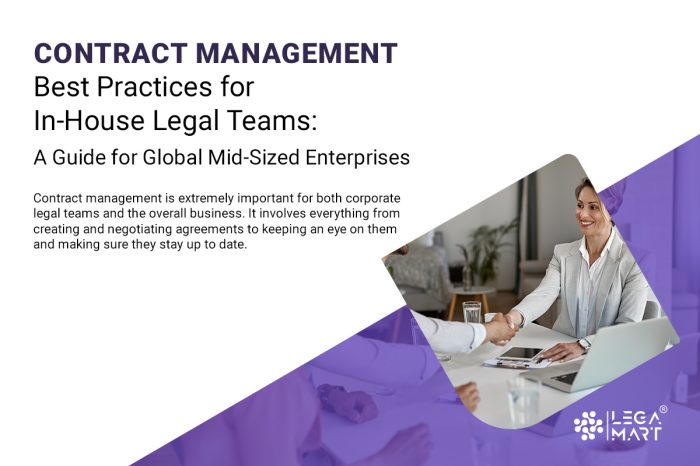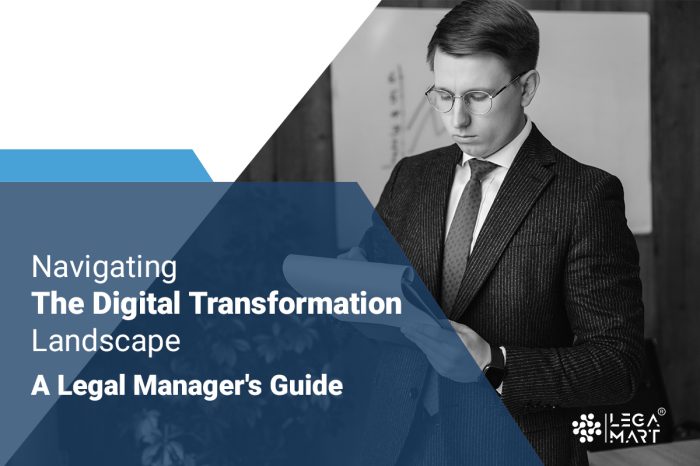The area of law that relates to flying, air travel, and any related legal or commercial issues is known as aviation law. Because of the nature of air travel, some of its areas of concern overlap with admiralty law, and aviation law is frequently regarded as an issue of international law. Aviation law also governs the commercial aspects of airlines and their regulation.
How banks and other financial organizations deal with borrowers is covered under banking and finance law. In any transaction, it is important to follow the numerous rules and operate in the parties' best interests. For many business owners, the issue of financing their venture looms big. There are numerous options, and each one carries potential advantages and risks.
Any legal matter involving the construction of a building or another sort of structure, like a road or bridge, is referred to as construction law. Federal statutes are frequently used to enforce workplace safety requirements and employment rules on the construction industry. States can impose additional regulations for workplace safety, environmental regulations, and a more equitable, transparent employment process. Any particular and particular local requirements, such as zoning limits and noise level restrictions, are more frequently covered by city and county ordinances. Of course, a sizable portion of construction law deals with workplace accidents and injuries, flaws in the construction process, problems with contracts, and difficulties acquiring the necessary building licences.
The main legal instrument used by businesses to reduce their risks when operating in the global or international market are international contracts. When a firm seeks to expand its products or services into the global market, one or more contracts will most likely be necessary from numerous parties, such as freight forwarders and sales tax agents.
One of the operational challenges faced by businesses wanting to go internationally is the legal environment for international business & corporate.
All the data indicate that now is a highly appealing time for global expansion. The worldwide firm & corporation numbers of top exporting nations like the United States, the Netherlands, and China have increased by more than 20% (23%, 26%, and 22%, respectively, according to Trade Map).
The benefits of international growth are numerous, ranging from increased sales and access to new consumer demographics to the development of a brand's leadership and power.
Yet businesses must also overcome a number of obstacles when they internationalize. This restriction is removed by being aware of how to deal with the key legal difficulties in international business, which opens the door to success on a worldwide scale made possible by the digitalization of the economy.
Employees have been demanding more remote work options, international employment, and flexible schedules for years. Covid-19 has now succeeded in serving as the ultimate stress test for remote work. And the test of remote work has been successful. It turns out that we can interact, communicate, and create from anyplace.
Energy and Infrastructure law refers to the legal framework surrounding the development, regulation, and operation of energy projects and public infrastructure. It covers a wide range of issues, including environmental regulations, land use, permits, financing, construction contracts, and public-private partnerships.
In the energy sector, this area of law encompasses various energy sources such as oil, gas, coal, nuclear, renewable energy, and emerging technologies like hydrogen and electric vehicles. Energy laws are designed to promote energy security, promote sustainability, and ensure reliable and affordable energy for consumers. They also deal with the regulatory bodies responsible for overseeing energy production, distribution, and consumption.
If they are not up to date on environmental legislation, business owners risk safety and environmental catastrophes. It's crucial to be aware of the surroundings both within and outside corporate property. This might also apply to the cleanliness of the water that employees drink. Outdoors, this might involve chemicals and hazardous trash. Any spillage or dumping of hazardous materials might seriously damage the environment and taint the land. If federal laws be violated as a result, these activities could have serious repercussions.
For intentional businesses, insolvency and bankruptcy situations can provide a number of legal difficulties. Among the most typical difficulties are:Preference actions, Fraudulent transfer actions, Objections to discharge, Automatic stay violations,Plan confirmation challenges
In general, instances involving insolvency and bankruptcy can be complicated and provide several legal difficulties for firms. To manage these difficulties and safeguard the interests of the company, it is crucial to contact with knowledgeable legal counsel.
Dealing with insurance claims may be difficult and upsetting, especially if the cause is an urgent crisis in your company or a project you're working on. Our worldwide liability and insurance team can allay your concerns thanks to their proven track record and established reputation in the field of liability and insurance law, including mass claims/private enforcement, policy coverage disputes, and regulatory insurance law challenges.
From the sales contract to the franchise agreement, (international) trademark, patent registration, or patent infringement, all fall within the umbrella of intellectual property (IP) law. Nearly every company has IP rights, thus it is critical to formally safeguard your IP from unlawful usage. The role of IP law here is crucial. Your IP is any creative effort or invention for which you have established IP rights. Your unique labour, ideas, inventions, writing, and many other facets of your company can all be considered intellectual property (IP). According to IP law, each of these things needs a distinct level of protection. Strong IP protection offers your business a substantial tactical edge and enables you to leverage your ideas and brand reputation.
| Migrants and entrepreneurs from other countries could encounter issues with property law. Property ownership and transfer can be complicated in many nations and necessitate a full understanding of legal procedures. Other difficulties that migrants may have include language problems, cultural dissimilarities, and ignorance of local laws. Yet, there are resources available to aid with through these difficulties, such as engaging a lawyer or contacting government organizations. International businesspeople and immigrants should familiarize themselves with local property laws in order to preserve their investments and avoid potential legal problems. |
Sanctions laws are laws that impose economic or political penalties on countries, organisations, or individuals to change their behaviour or to achieve a specific foreign policy goal. One common issue with sanctions laws is that they can have unintended consequences, such as hurting the economy or citizens of the targeted country, rather than the government or individuals they were intended to target.
Your company could succeed or fail depending on a significant corporate transaction like a merger or purchase. When millions of dollars could be at stake, you need an expert attorney on your team to assist with deal negotiations, due diligence, contract drafting, and regulatory compliance.
Both mergers and acquisitions are intricate business operations that demand careful legal research and strategic company strategy. You can get assistance from a knowledgeable mergers and acquisitions attorney as you navigate the different legal systems that control M&A law.
The laws that control international waterways are referred to as international maritime law, commonly referred to as the Law of the Sea. It is a collection of agreements, laws, and treaties that control marine organizations and nautical matters.
Your business must abide by all local regulations, including tax rules, if it conducts business in several jurisdictions. This frequently means that if your business conducts business abroad, it must also pay the necessary taxes there. Tax concerns, particularly foreign tax issues, can cause businesses significant legal and financial headaches.
Keeping up with regulatory standards for everything from fintech and e-commerce to data privacy and online intellectual property is highly significant for businesses in today's fast-paced digital economy. People are protected by this field against internet crimes like credit card fraud and identity theft. Cybersecurity legislation also protects technology systems and data technologies.
Tort law pertains to situations where one person harms another, resulting in a legal wrong. It provides a means for the injured party to seek compensation from the person responsible for the harm. The scope of tort law is extensive, covering various legal matters. Its primary goal is to restore the victim to their pre-injury state and prevent any undue harm or loss.
International transport law is concerned with establishing the rules for direct or transit travel between nations or between groups of nations. Due to the disparate restrictions in the domestic laws of the various countries, international transportation, which is the main part of foreign trade, has challenges.
























































